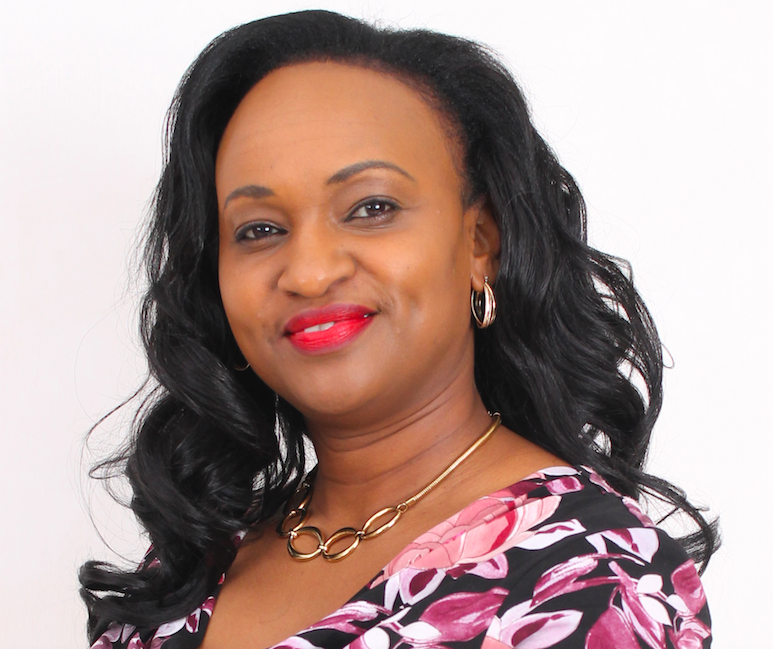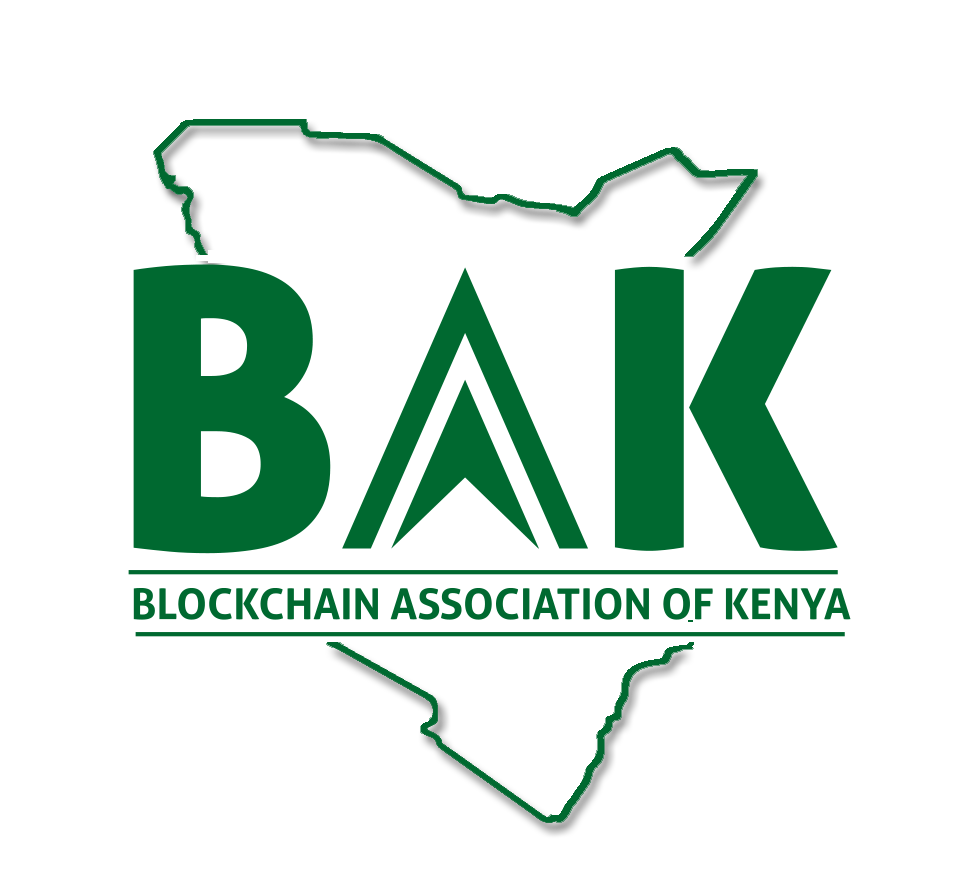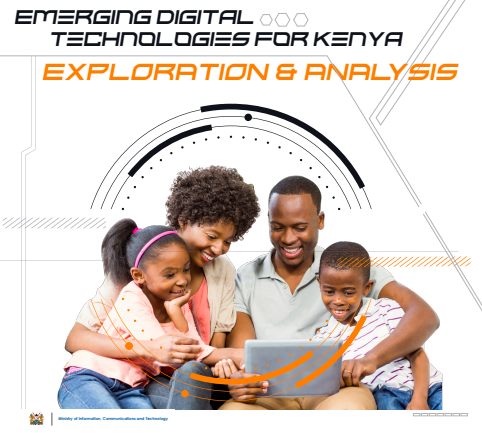While cryptocurrencies continue to face resistance from some African governments, the blockchain continues to be utilised in various ways with the latest one being in an election where the African Leadership Academy (ALA) ran its student government elections on the blockchain.
The move by the African Blockchain Initiative (ABI) was influenced by the need to revolutionise elections on the African continent. The African Blockchain Initiative is an educational initiative that aims to boost the understanding of blockchain technologies and cryptocurrencies in the African continent through the services it offers.
The four founders acknowledged that the elections held this year at ALA were interesting based on the fact that they used the ABI voting system, which no one had access to – not even the founders – because of its decentralised nature.
Speaking about the decentralised network, ABI’s CEO, Cyril Michino said: “The internet is most centralised. That means all data goes down to a central point; if you’re on YouTube, all those videos are being managed by one central party. If you’re on Google or any social media platform, all that information and content you have access to is going to a central party. The problem with this is that power is being centralised to one party – it’s not just on the internet, it’s in banking, it’s everywhere.”
He went on to add that the blockchain is a technology that removes power from one centralised point and makes it accessible to everyone. “That’s why, when you talk about blockchain you talk about trust, transparency – because everyone gets access to everything – accountability and consensus; each and every person has a voice, and you get to have consensus on how to run things in a particular way.”
ABI’s Voting System
The Student Government elections at ALA gave the ABI team a perfect platform for the implementation of the blockchain, said Michino, who believed that one should “always leverage their sphere of influence”.
He went on to explain: “Cryptocurrencies are just a small part of the part to the whole blockchain puzzle piece. Blockchain can transform many things. Our big inspiration was to try to show that blockchain has other applications, other than just the bitware because that’s what most people know about it.”
Using their blockchain-based voting system allowed ABI to show how blockchain technology really works.
“We really wanted to find ways on how to implement Blockchain in the school, because a lot of people have challenged us, saying that ‘this technology may be promising and it looks cool – but how can we actually make sure it is implemented in the school, otherwise there is no impact?’,” explained Soufaih.
“We also used to think Blockchain is only used in big projects, and to actually use the technology, we have to think big,” he went on to explain. “But we really wanted to see how this technology works on a small scale, before going big. If you really want to convince your country to use Blockchain in elections, a simple proposal would be less likely to succeed because you don’t have any proof that this has worked, and no country will actually really trust the system if it has not been used before. So we thought of how we could simulate the experience within ALA, with the Student Government. And if it succeeds, it would have huge potential and we could probably convince schools and universities to implement it in their own student governments and, moving forward, to reach national elections.”
That is ABI’s main inspiration and motivation. The ABI team – with all except one member being Kenyan – used Kenya as a case example for the need to have a transparent and secure voting system in the African continent on the recent national elections that were held and marred with a lack of transparency and accountability which eventually led to their nullification.
Power to the People
“The biggest challenge for Africa is transparency. By using blockchain we want to give power to the people; to decentralise the power that the government can have, yet at the same time keeping it secure because everyone has access to the system, but no one has control. The ultimate dream is to see presidential elections on Blockchain – that’s where you have far higher impact and where there is far more at stake,” said Michino. “We were trying to see if this system could be modelled, starting on a compass, to start revolutionising elections on the continent.”
While the student government elections at ALA was small, it was definitely the right step towards achieving ABI’s goal of revolutionising elections in the African continent, said Soufaih.
“It played a role in lessening central power and reducing the role of the Electoral Student Council (ESC), who could oversee the process but not affect it in any way. So the impact is much less than, say, a president who is being privileged by an electoral body in a specific country, where it has much more impact on millions and millions of people. So in this simulation the impact may be limited, but it’s a very important first step for us.”
How it Works
Since there already existed a technological voting system in ALA, it made it easier for the ABI team as all they needed to improve on was the tech that was there. “The language we use is called Solidity.” explained Soufaih. “We wrote a smart Ccontract that takes into consideration many conditions and makes it possible for voters to actually vote – information is kept confidential, no central party has access.”
The elections started at 7 am and closed at 6 pm based on the fact that the system runs automatically. The results were then released immediately with everyone receiving them at the same time – from candidates to the ESC, ABI team and student community. Michino noted: “While voting is open, no one can tamper with the system. Using Blockchain, whenever someone votes, once that vote is in the system it can never be changed – no person in the middle can change it; nobody has power over anything.”
While the blockchain seems like a good solution to the transparency challenges in Africa’s election systems, there is a risk that the system can crash. To this, Michino answered: “Unlike central technology, where once you attack that server everything goes down, Blockchain saves information in every single ledger in the system.” He went on to explain, similar to bitcoin, downloading the application means that every single transaction has to be downloaded to your computer. As such, this makes it difficult to attack the system. However, if one system gets harmed, all the information is readily available on the other systems. “It’s also easy to know which one is corrupt and take it off the system – and It’s hard for anyone to crash a million systems at the same time,” added Michino.
For ABI, the next step is to take their voting system to institutions and schools across Africa. There have already been a number of schools that have shown interest in using their transformative system. Their end goal, however, is to have the system used across Africa for national elections.
“We know that not everyone has access to the internet, but they can have access to the Blockchain system at polling centers, where everyone can then cast their vote,” said Michino. “Whether this can be actualised within the next five or 10 years, remains to be seen, but it’s something we will definitely be pursuing in our Blockchain endeavours throughout our whole life.”


 Features3 years ago
Features3 years ago
 Bitcoin2 years ago
Bitcoin2 years ago
 Features3 years ago
Features3 years ago
 Features3 years ago
Features3 years ago
 Features3 years ago
Features3 years ago
 Features3 years ago
Features3 years ago
 Features8 months ago
Features8 months ago
 Bitcoin10 months ago
Bitcoin10 months ago



 Since it was registered in 2017 as a non-profit, the
Since it was registered in 2017 as a non-profit, the 


 Some of the target implementation areas for blockchain and AI include the Ministry of Lands, Huduma Centres where important documents are issued, and the Ministry of Transport.
Some of the target implementation areas for blockchain and AI include the Ministry of Lands, Huduma Centres where important documents are issued, and the Ministry of Transport.
